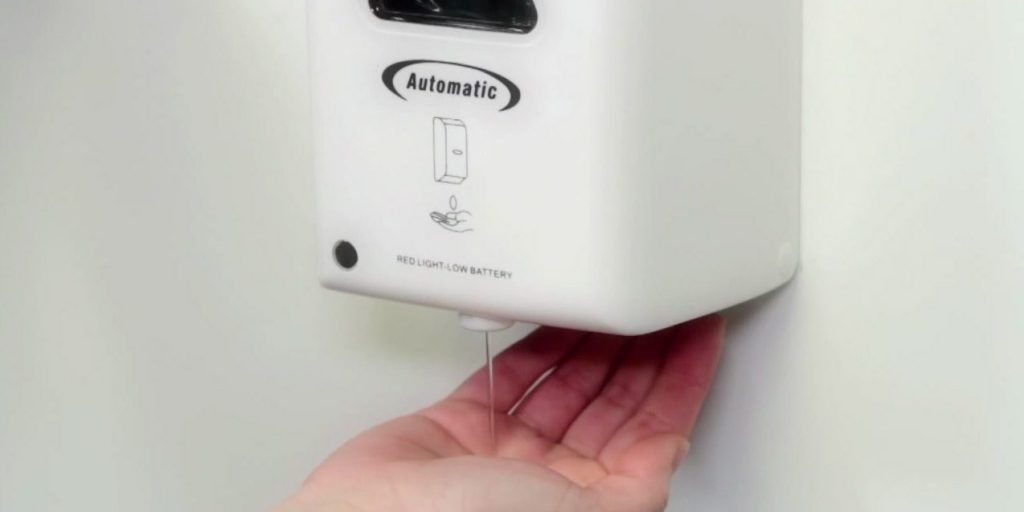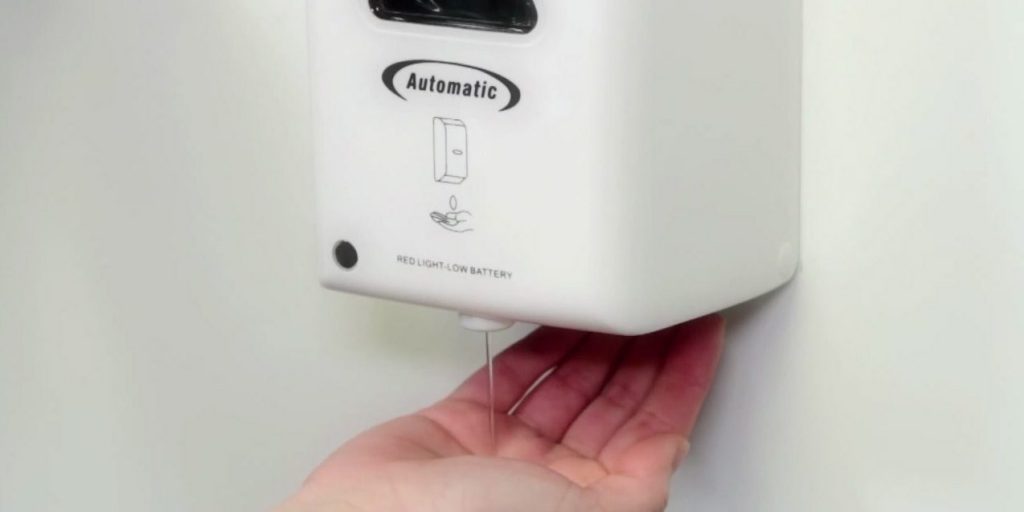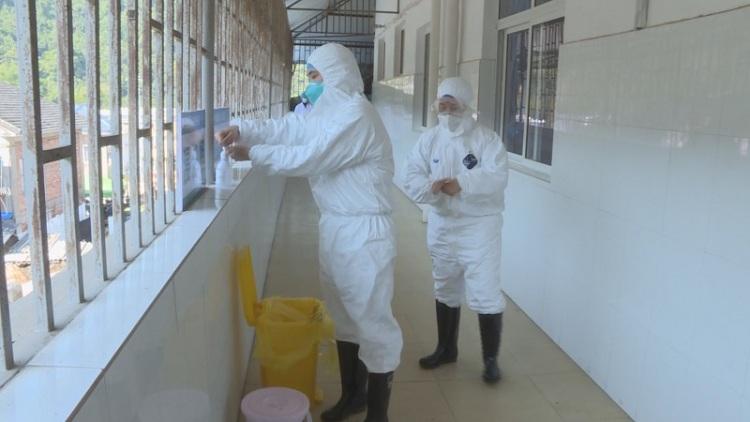News & Views
The Differences Between Clean, Sanitize, Disinfect And Sterilize
Please note that the following comments are a very basic approach to the subject and many may disagree with my terms and definitions. This conversation is welcome and encouraged. “Cleaning” in its most basic terms is to remove all visible soils. “Sanitize” has to do with using a “sanitizer” or “disinfectant” to kill up to…
Read MoreCommon Colds: Protect Yourself and Others
Common colds are the main reason that children miss school and adults miss work. Each year in the United States, there are millions of cases of the common cold. Adults have an average of 2-3 colds per year, and children have even more. Most people get colds in the winter and spring, but it is…
Read MoreSurgical Handwashing
Surgical handwashing requires a series of well-defined steps to prevent any type of cross-contamination from occurring in hospitals. Surgical handwashing aims to eliminate as many pathogens as possible from the hands and arms before entering the operating room to avoid cross contamination. Surgical handwashing, unlike conventional handwashing, is performed with soapy compositions containing povidone iodine…
Read MoreAnnual Campain of Clean Hands
Clean hands are the cure to the spread of colds, the flu, and those illnesses acquired in our schools, offices, restaurants, nursing homes, and hospitals. For those preparing or serving food, print and post the International Clean Hands Week poster attachment to this blog as a reminder to all. For the back-to-schoolers consider taking The Pledge…
Read MoreAutomatic dispensers for hand hygiene
One of the lessons that Covid-19 leaves us is the need to minimize contact with surfaces. Therefore, automatic dispensers for soap or hydroalcoholic solutions are a good option. In addition to reducing the risk of cross contamination, these devices optimize product consumption, since they offer the exact dose necessary for hand washing or disinfection. And…
Read MoreCovid-19 prevention: When to sanitize your hands?
In what situations should we sanitize our hands to prevent contagion of Covid-19 and other infectious diseases? Hand hygiene, either with soap and water or with hydroalcoholic solutions, has become one of the main tools to stop the transmission of Covid-19. But, are we clear when we should sanitize our hands? In this article we…
Read MoreImportance of Hand disinfection
Hand hygiene is the cornerstone of infection prevention and control (IPC). When timely and optimally performed, it reduces healthcare-associated infections (HAIs), antimicrobial resistance, health costs, and saves lives. Poor compliance with hand hygiene practices remains both a problem and a challenge for IPC practitioners all over the world. Hand disinfection is considered the most important…
Read MoreBetter hand hygiene, reduce the spread of coronavirus
We are constantly being reminded of the role that hand hygiene plays in preventing the spread of germs. But studies regularly show that many people – including those working in hygiene-critical industries – are still failing to wash their hands as often as they should. Why is this the case, and how can well-designed hand…
Read MoreGuidelines for disinfection of “new coronavirus-infected pneumonia” in public places
nitI. Preventive disinfection measures in public places 1. Ventilation should be strengthened in public places. The surfaces that people often contact should be wiped frequently to keep the environmental surfaces clean and hygienic. 2. Residents should try to avoid crowded places, especially places with poor air circulation. 3. Residents should wear masks when entering public…
Read MoreHow to properly wash hands to prevent new coronavirus pneumonia?
Let’s first see how the virus spreads? 1. The virus is mainly transmitted through droplets such as sneezing and coughing, and the infection is caused by direct or indirect contact with the mucous membranes such as the mouth, nose and eyes. 2. Contact with virus-contaminated items can also be infected through the above routes. 3.…
Read More







